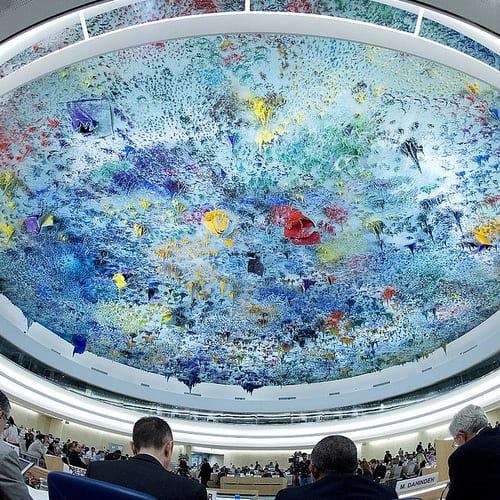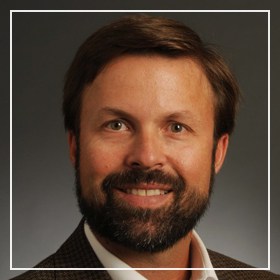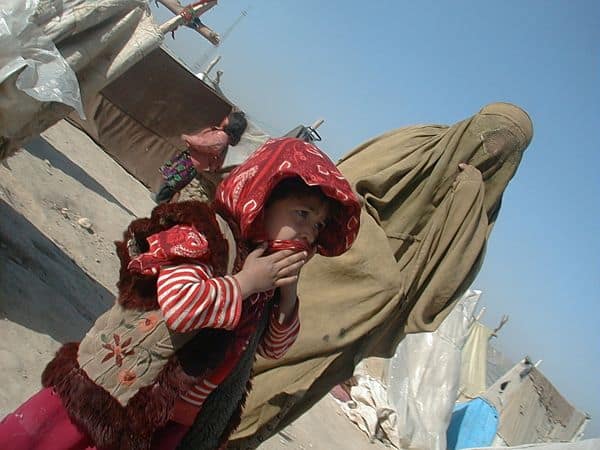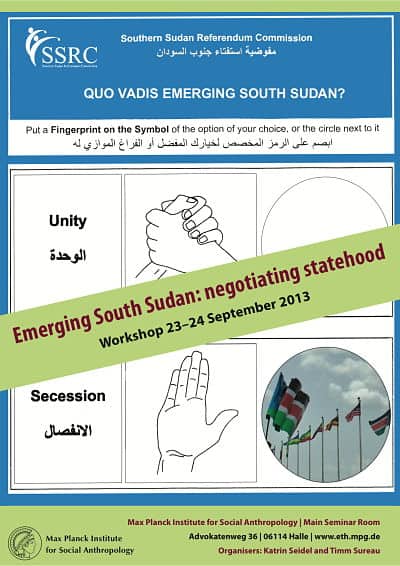https://www.youtube.com/watch?v=G2C4D-nTUS8
The relationship of anthropology and human rights has by now been aptly illustrated: over the past decades we have moved from ‘engagement’ to ‘disengagement’ and finally ‘re-engagement’, to borrow Mark Goodale’s characterization from the classic 2006 issue of the American Anthropologist. Of course, the fundamental shared terrain of the two is self-evident: both address, or attempt to address, what is fundamental and shared to all humans – to get to the heart of ‘the universal’ and thus to improve the general condition of mankind. Yet their responses on just what this means, or how improvement should be realized, often still depart significantly from one another.
Another – perhaps more prevalent – research tradition has become the study of the ‘human rights phenomenon’ as a whole: analyses into expert practices and documentary genres; studies of how the human rights discourse is created and adopted around the world; ethnographies of human rights organizations and monitoring mechanisms; and more recently, studies into the history of the contemporary human rights phenomenon. Jointly these approaches communicate with numerous vibrant debates within anthropology. Simultaneously it is undisputed that the anthropology of human rights remains a more marginal research area than, say, migration or international humanitarianism.
What is the current stage of the anthropology of human rights? What inspires scholars within this narrow sub-field right now, and how could this inspiration continue to spread?
What of the relationship to current research in history, theology and international relations – to name a few neighboring disciplines that currently enjoy a ‘frenzy’ around the topic? What about anthropologists and international lawyers, both ‘critically’ inclined and ‘pro human rights’ scholars: how could their collaboration be strengthened, thus allowing us to gain a continually greater understanding into the past, present and future of this fascinating contemporary phenomenon?
This seminar addresses these issues via an exchange between Miia Halme-Tuomisaari (Visiting Senior Research Fellow, Geneva Graduate Institute) and Mark Goodale (Professor of Anthropology, University of Lausanne), both legal anthropologists who have specialized in the analysis of the contemporary human rights phenomenon via different angles. Their debate gains its wider context from the ongoing 50th anniversary of the two main UN human rights covenants, namely the International Covenant on Civil and Political Rights (ICCPR) and the International Covenant on Economic, Social and Cultural Rights (ICESCR) – an anniversary that offers a useful point of reflection for the current state of this ‘idea of our time’.
Featured image by UN Photo/Jean-Marc Ferré (flickr, CC BY-NC-ND 2.0)





